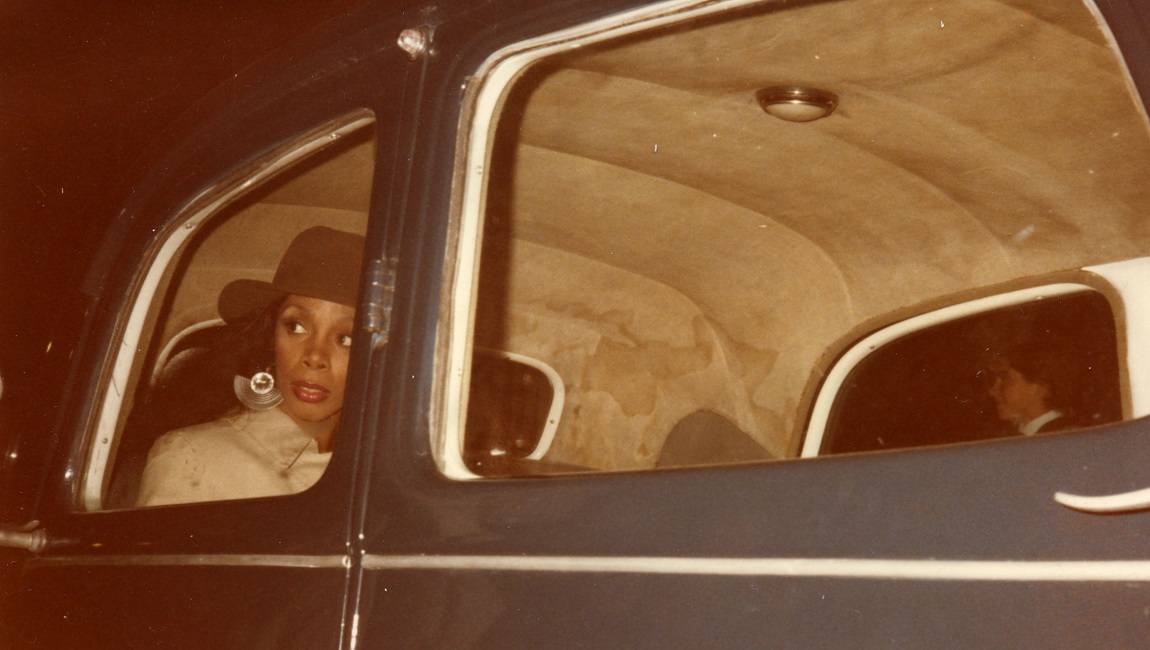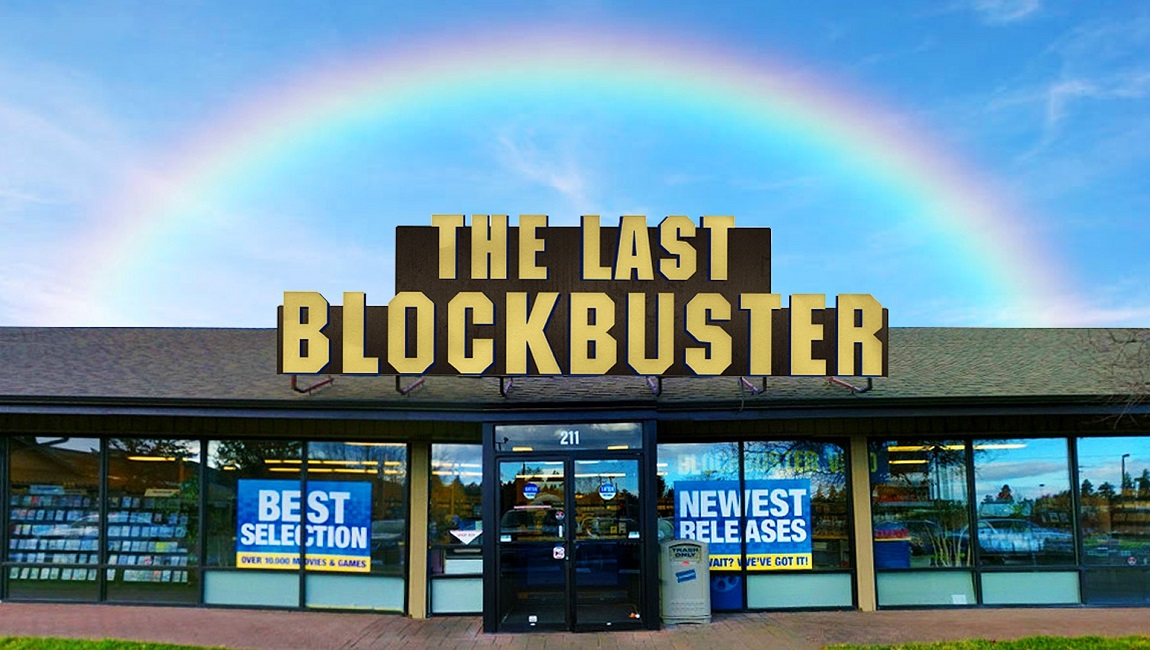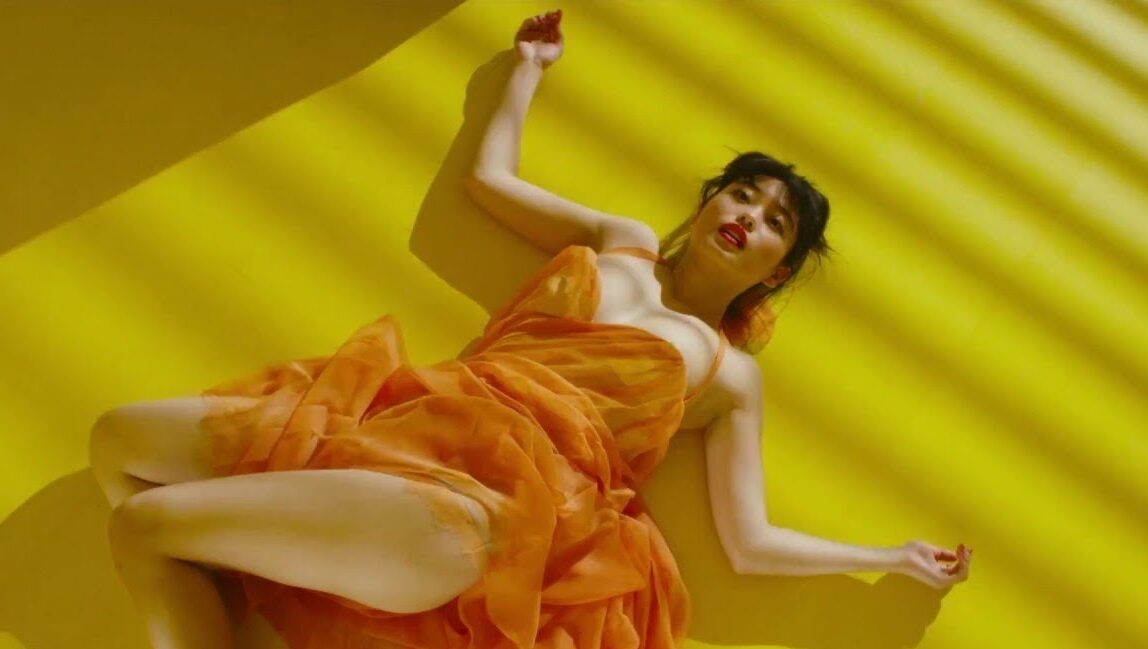“I have a secret life. You’re looking at me but what you see is not what I am.” Who was Donna Summer? This is the question at the center of Love to Love You, Donna Summer, HBO’s new documentary exploring the life of the icon born LaDonna Adrian Gaines. Donna Summer was “The Queen of Disco,” but that’s not all she was. Described by the Rock and Roll Hall of Fame as “the Diva De Tutte Dive, the first true diva of the modern pop era,” Donna Summer helped lay the foundation for the thing we call pop stardom. She was the first artist to reach No. 1 with three consecutive double albums. She was the first female artist to have five top 10 singles in one calendar year. And after helping define disco in the ‘70s, she reinvented herself for the ‘80s, creating some of her best-known hits in the process. She was “The First Lady of Love,” arriving on the scene overflowing with a sensuality of which the world couldn’t get enough. But that, too, is not all that she was. Love to Love You goes to great lengths to show that, in private, Donna struggled with the sultry public image cultivated around her; in fact, she wrote her breakout hit and this film’s namesake, “Love to Love You Baby,” as a reference track, never expecting to release it herself. From the very start, she was playing a role.
So, who was Donna Summer? We get roughly half of the story here. Love to Love You excels in its portrayal of Summer’s personal life: A family affair, directed by Summer’s daughter, Brooklyn Sudano (who co-directed with Academy Award-winner Roger Ross Williams), the film presents its star as a woman in conflict, balancing the demands of fame, family, and faith. It’s constructed from home videos — Summer constantly had a camera on her — from concert footage, and from interviews with family and friends. And it’s not only a joy to see what Donna Summer was like with her hair down, a woman who had to constantly wear a mask for the public eye, but it’s also a necessarily intimate storytelling technique, lending an air of authenticity to Sudano and Williams’ portraiture.
Love to Love You tells follows Summer’s life and career, eventually in chronological order — though it begins a bit jumpy. We start with “Love to Love You Baby,” then jump backward to Summer’s beginnings in Boston, then forward again to her on tour, buying a video camera, and then back again to Boston. The concert footage on screen during this stretch doesn’t always sync up with the era being discussed at the moment, concerned less with verisimilitude than it is with connecting with the mood or topic at hand. It all feels a bit whiplash-inducing at first, especially to those unfamiliar with Summer’s story. But the film soon settles into a more regular pace, with Summer’s move to Germany, where her stardom and the film’s narrative really take off. “Being in Germany gave me license to be myself.” Being a Black woman in Germany, Summer stood out and was admired and valued for what felt like the first time. From there, Love to Love You takes viewers through the career highs and lows: from Summer’s boundary-breaking tracks to her struggles balancing motherhood and stardom, to her often tumultuous relationships with men, her label, and to herself, and finally to her renewed faith and final years.
Sudano and Williams’ documentary wants to locate the singularity and humanity of the complicated woman that history understands only as the Queen of Disco. “I was always a comedian. I was always a clown. So becoming Donna Summer, the character — I didn’t feel very sexy at the time, so I just assumed it as a role.” Indeed, one of this film’s successes comes in exploring Summer’s great sense of humor, which was always flowing from her and especially shines in the film’s home videos. The homespun nature of that footage taps into the behind-the-scenes life of Summer as a mother, and the most tender moment comes from the backstory to “Mimi’s Song.” One night, after eldest daughter Mimi asked her mother why she always had to leave, Summer stayed up at the piano to write a song for her daughter. During the 1979 UNICEF concert, she brought Mimi on stage (in a matching outfit, no less) after singing, “You see I’ve made a spectacle of myself / And it seems that the whole world needs me / I understand when you cry alone / And mama’s not there to wipe your eyes.” It’s a touching scene, speaking to Summer’s conflicting responsibilities of motherhood and fame, and how passionately she fulfilled each role.
A family’s proximity to the production of a film can cause reasonable stress to any fan of an artist’s legacy, as it’s only natural to gloss over our loved-one’s flaws, oversell their strengths, and give rise to hagiography rather than a more discerning biography. Love to Love You, avoids this trap, and with clarity — the film is intent on not burying Donna Summer’s inner demons. In the mid-’80s, after a conversion to evangelical Christianity, Summer commented at a concert, “God created Adam and Eve, not Adam and Steve.” This sparked a rightful fury among devoted fans — many of whom were LGBTQ and had championed her for years. This comment also led to an unfounded rumor that Summer had associated AIDS with divine punishment, but no matter — the damage was done. This unfortunate remark would forever be a blight on Summer’s legacy, and Love to Love You doesn’t try to sidestep that reality; instead, the film details the impact that the blowback from the comment forever had on her psyche.
But the resistance to idealize Summer also manifests a weakness here: Despite offering a grounded overview of her life and career, it ultimately undersells her musical legacy. We are told that Summer’s impact is immense, but not much is done to bring that immensity to the screen. It’s an unfortunate missed opportunity, as Love to Love You arrives at a peak moment of disco-revivalism, when the number one song in America is a discopop track — Miley Cyrus’ “Flowers” — and superstars like Beyoncé, Dua Lipa, and the Weeknd have made themselves modern contributors to the disco genre’s legacy. The family portrait nature of Love to Love You helps to express who Summer was at home — which logically might be the more important narrative thread to Sudano — but her impact extends so far beyond the dining room table. And instead of featuring any of the incredible artists to follow in her footsteps, the film leans squarely on friends and family closest to Summer’s inner orbit to provide context for her incredible life, falling short of giving a full picture of her influence. At one point, collaborator Giorgio Moroder tells us how their revolutionary 1977 track , “I Feel Love,” single-handedly changed the face of music, effectively inventing electronic dance music. But it would have been far more powerful to hear that from someone like Brian Eno, who famously declared to David Bowie that the single would “change the face of club music” — or even a modern producer who could speak to Summer’s impact in a contemporary context. Society’s collective memory is short, and as we move further from the heyday of our most beloved artists, we risk relegating them to the retirement homes of retrospection. Donna Summer’s legacy may be firm to those who were there, but films like this are an opportunity to demonstrate to everyone else how she helped bring us from there to here.
About halfway through Love to Love You, Summer offers the perfect summation of the power of disco. “We have this expression in music called ‘the voice within the voice.’ And it’s the way you hear the note. There’s that cry that’s in there that touches the pain in you. That sometimes even if it’s a happy song, there’s that cry in there that maybe touches something in you that’s hidden in that groaning place.” Fans of her music will instantly relate to this notion, and it’s this that makes disco such an incredible release of emotion — especially to queer listeners of the ‘70s who catapulted it to prominence. For all the subsequent slander of “Disco Sucks,” it never truly went away, but instead transformed and spun off into genres like new wave, house, hip hop, and EDM. So while Love to Love You, Donna Summer fails to portray the full impact of its star and make such massive connections explicit, it does manage to paint a nuanced and personal portrait of one of the most important pop talents of all time. Sometimes the voice within the voice presents as only a whisper, but that doesn’t make it any less beautiful to hear.
Published as part of InRO Weekly — Volume 1, Issue 7.5.







